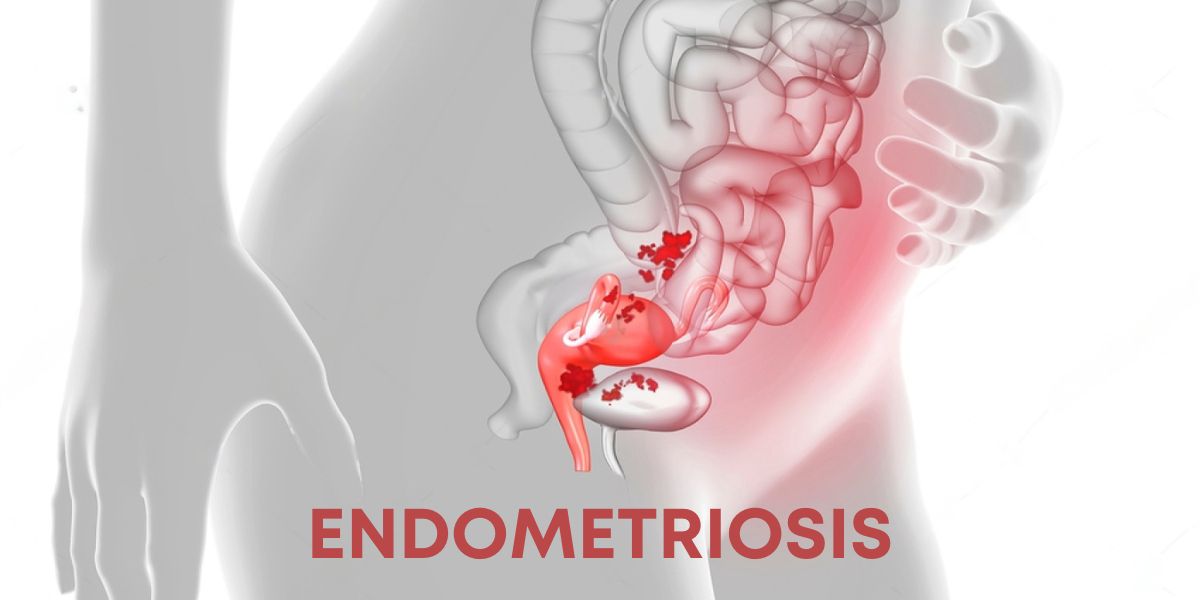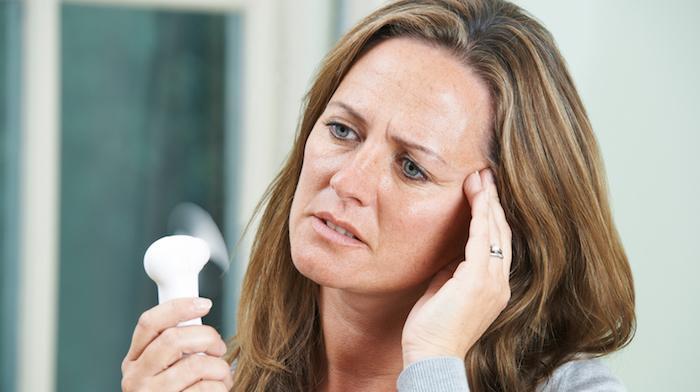Menopause is a natural phase in every woman's life but that doesn’t make it any less challenging. As hormone levels shift, many women experience a variety of symptoms both physical and emotional that can significantly affect quality of life. With the right strategies and support, menopausal symptoms can be effectively managed.
Hot Flashes: What They Are & How to Tame Them
Hot flashes are intense, sudden sensations of heat, usually experienced on the chest, neck, and face which can lead to flushing and sweating. They are brought on by the decline in estrogen, which changes the body’s temperature.
How to Deal with Hot Flashes:
Mood Swings & Emotional Turbulence
Many women feel emotionally “off balance” during menopause. Mood swings, irritability, anxiety, and even depression are sometimes triggered by hormonal changes and life adjustments.
Tips to Improve Emotional Well-being:
Stay active: Exercise boosts endorphins and reduces stress.
Talk it out: Discuss feelings with a therapist, support group, or trusted friend.
Prioritize sleep: Poor sleep can worsen mood; maintain a routine and avoid screens before bed.
Mind your diet: Omega-3s, magnesium, and B-vitamins help stabilize mood.
Practice mindfulness: Meditation, yoga, and journaling foster emotional resilience.
Other Common Menopausal Symptoms and Treatments
Night Sweats
Vaginal Dryness & Discomfort
Sleep Disturbances
Weight Gain
Natural and Holistic Methods
Some women prefer to try natural remedies to supplement or replace conventional treatments. Options include:
When to Seek Medical Attention
If menopausal symptoms significantly interfere with your daily functioning—emotionally, physically, or sexually—don’t hesitate to talk with a gynecologist, endocrinologist, or menopause specialist. Treatment is individualized and may include:
Menopause is a transition that marks strength, wisdom, and the beginning of a new phase of self-exploration. Though symptoms like hot flashes, mood swings, and sleep disruptions can be uncomfortable, they don’t have to take over your life.
With a combination of lifestyle changes, emotional support, and medical guidance, you can approach menopause confidently, clearly, and compassionately.










